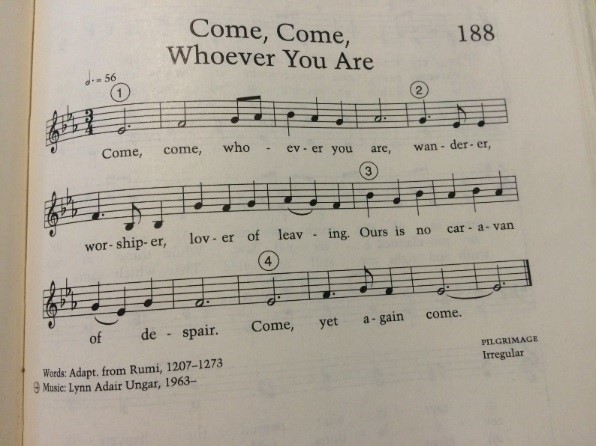Related Posts
Celebration of new Pasteur fellowships
On Friday night, thanks to a lot of preparation on the part of many people, we gathered to celebrate two new fellowships at the Governor’s Mansion and were hosted by Governor McCrory. These new fellowships are a partnership between the Gillings School of Global Public Health and the Pasteur Foundation. Inaugural fellows Patsy Polston and Maya Nadimpalli, two fabulous environmental sciences and engineering doctoral students, will finish their dissertations in early 2015 and then have the opportunity to spend up to two years at the Institut Pasteur. The Institut is an amazing organization, 125 years old, made up of 32 separate institutes around the world. Their scientists focus on some of the same public health challenges we do, and together, we can do even more. What a great way for these young women to launch their postdoctoral careers. We are grateful for the generous support from Dennis and Mireille Gillings that made these fellowships possible.
an amazing organization, 125 years old, made up of 32 separate institutes around the world. Their scientists focus on some of the same public health challenges we do, and together, we can do even more. What a great way for these young women to launch their postdoctoral careers. We are grateful for the generous support from Dennis and Mireille Gillings that made these fellowships possible.
Perspective on life
 My husband Bernard and I heard the new Unitarian Universalist minister talk Sunday about topics that transcend any one religion. Rev. Thom Belote commented on the events of the last week, knowing that some of those in the congregation were unhappy about last week’s mid-term election outcomes. He quoted from an old Rumi verse, cautioning against caravans of despair. Whether we were happy or unhappy with the elections, life is too short for caravans of despair.
My husband Bernard and I heard the new Unitarian Universalist minister talk Sunday about topics that transcend any one religion. Rev. Thom Belote commented on the events of the last week, knowing that some of those in the congregation were unhappy about last week’s mid-term election outcomes. He quoted from an old Rumi verse, cautioning against caravans of despair. Whether we were happy or unhappy with the elections, life is too short for caravans of despair.
And speaking of the need for action, Belote and one of our faculty members in attendance read from a book by Michelle Alexander called The New Jim Crow. The book describes and explains how racial caste in America has been redesigned. A major characteristic of that redesign is the
disproportionate imprisonment of minorities, particularly, black men, in America. This fact has many implications for our society in general and for public health. I’m in the process of purchasing the Kindle edition.
This is an issue that should be addressed by public health, education and law – as well as theology.
Barbara
From the Amazon review of The New Jim Crow |
| Once in a great while a book comes along that changes the way we see the world and helps to fuel a nationwide social movement. The New Jim Crow is such a book. Praised by Harvard Law professor Lani Guinier as “brave and bold,” this book directly challenges the notion that the election of Barack Obama signals a new era of colorblindness. With dazzling candor, legal scholar Michelle Alexander argues that “we have not ended racial caste in America; we have merely redesigned it.” By targeting black men through the War on Drugs and decimating communities of color, the U.S. criminal justice system functions as a contemporary system of racial control—relegating millions to a permanent second-class status—even as it formally adheres to the principle of colorblindness. In the words of Benjamin Todd Jealous, president and CEO of the NAACP, this book is a “call to action.” |
